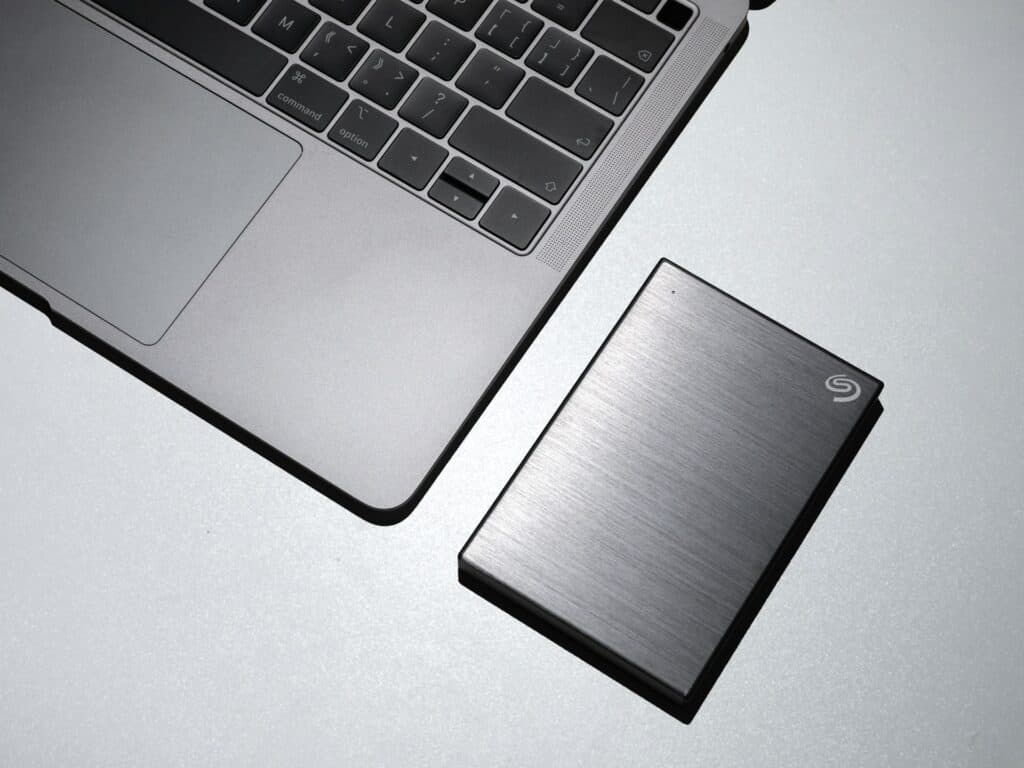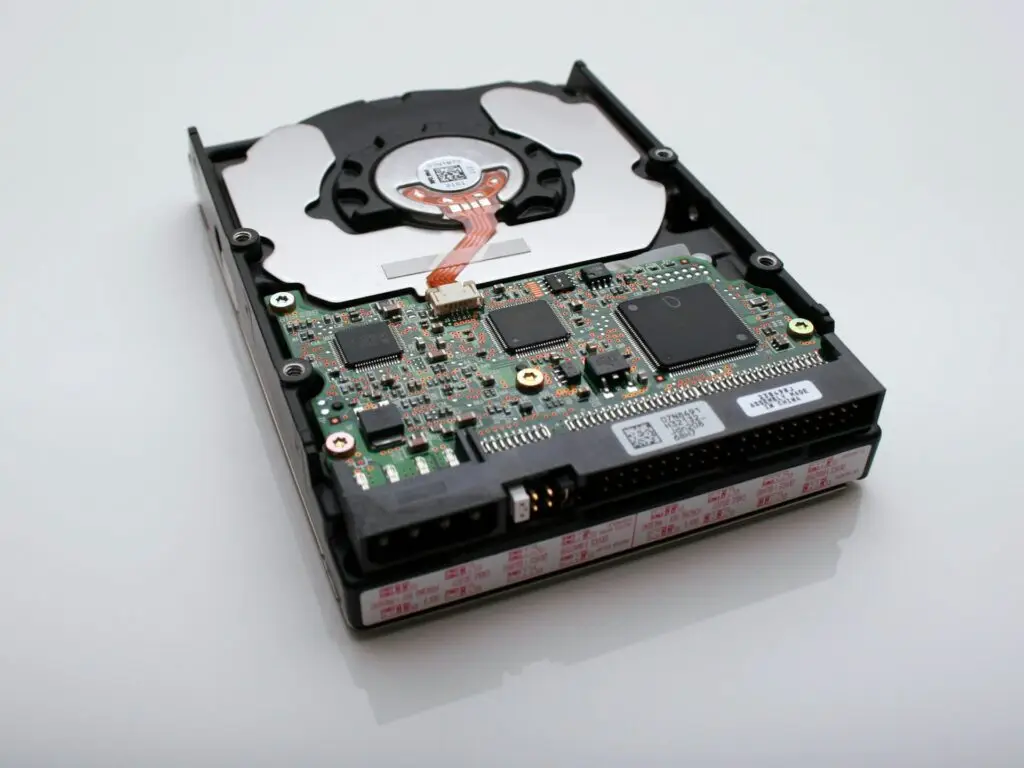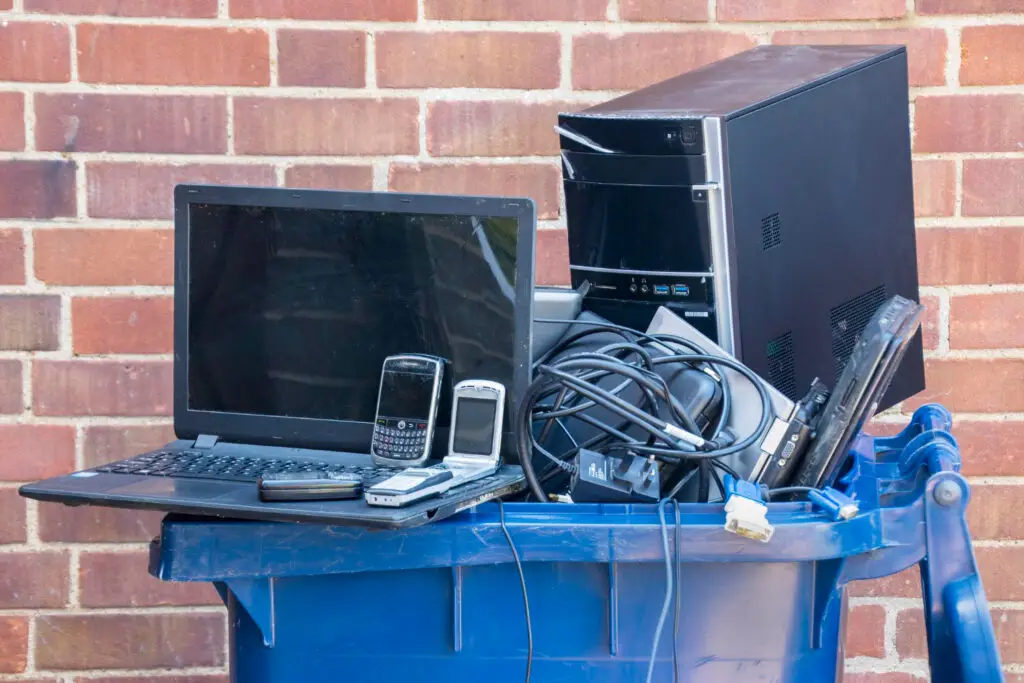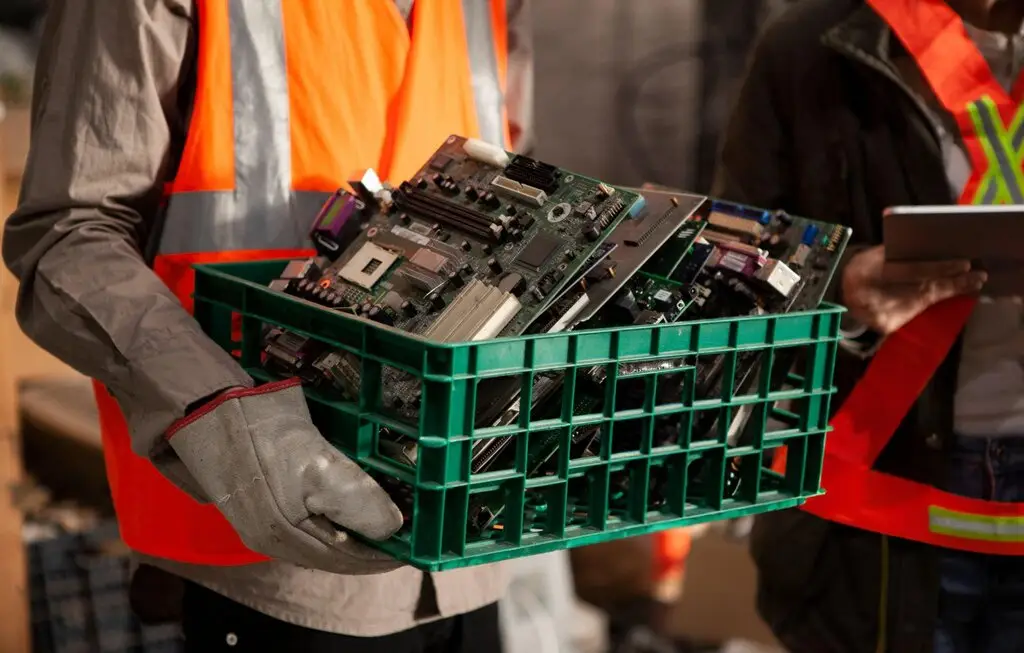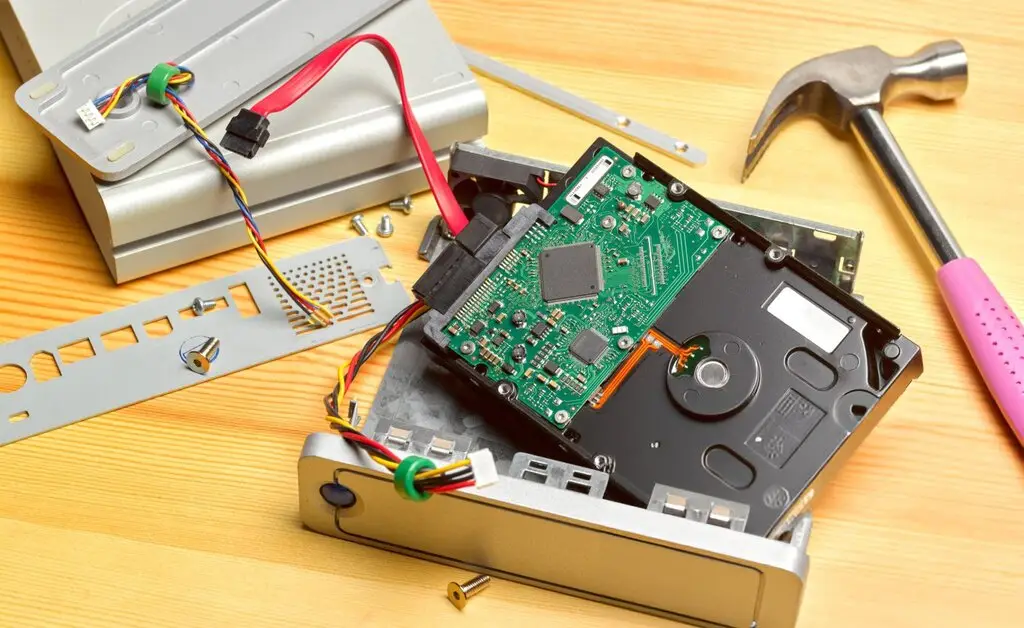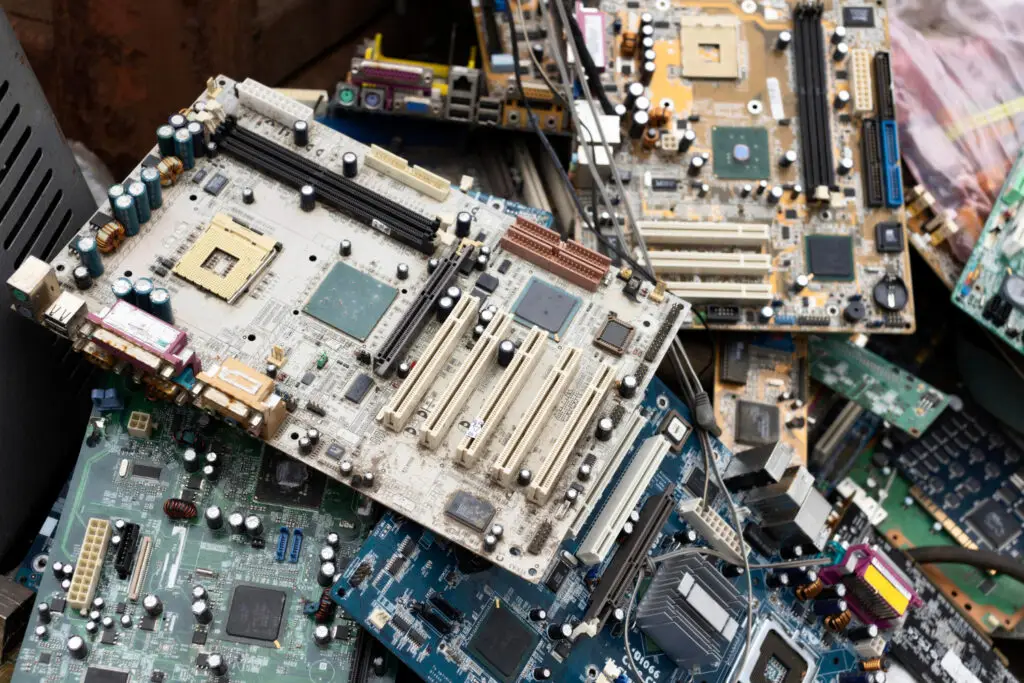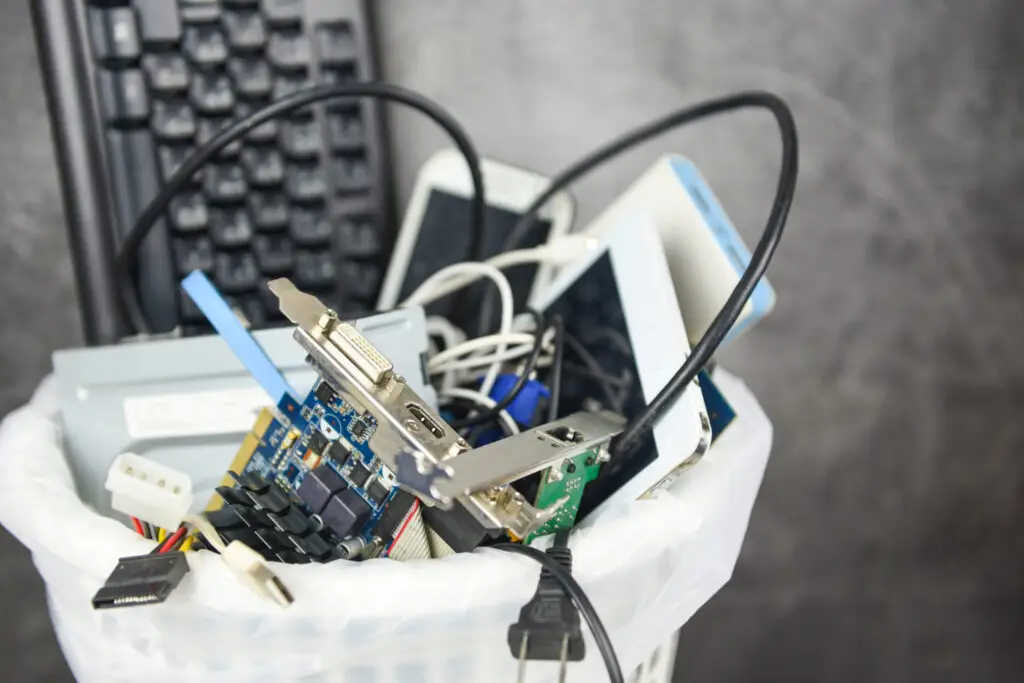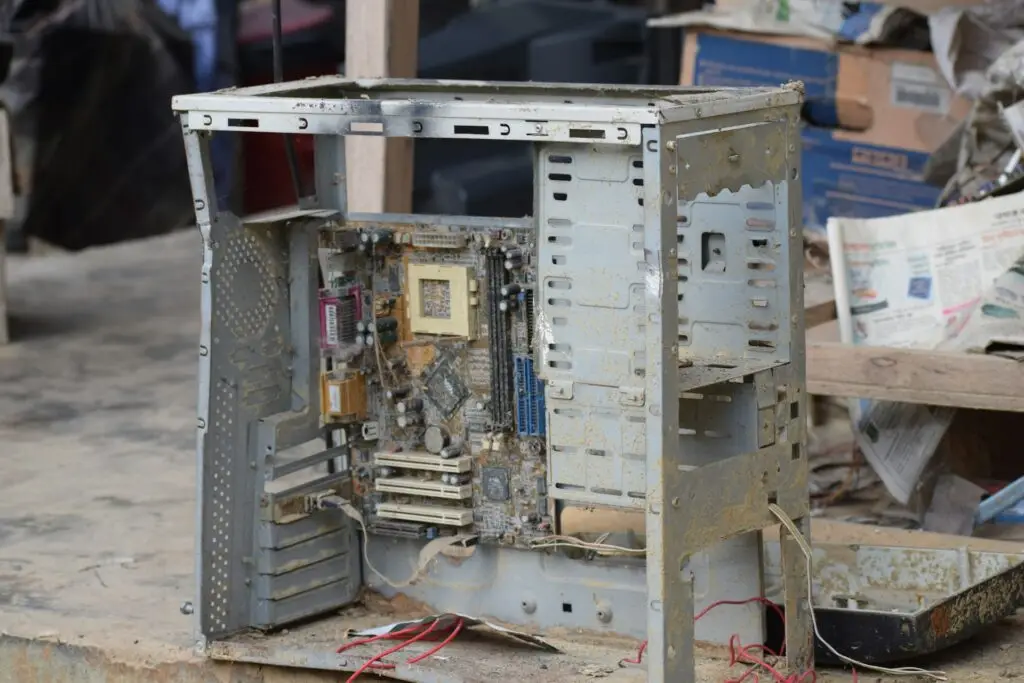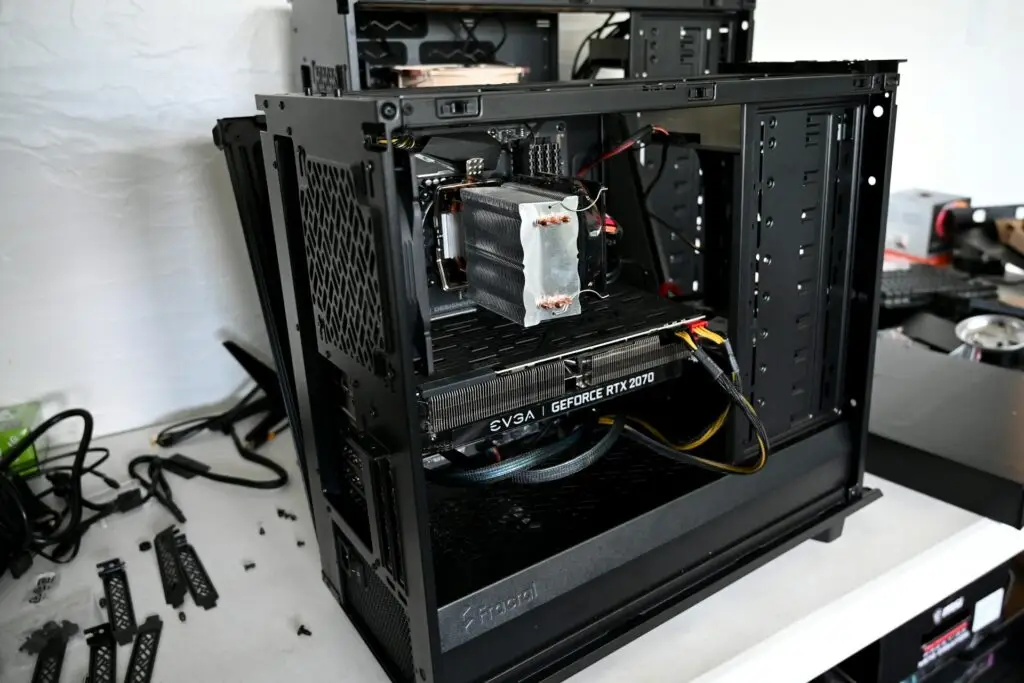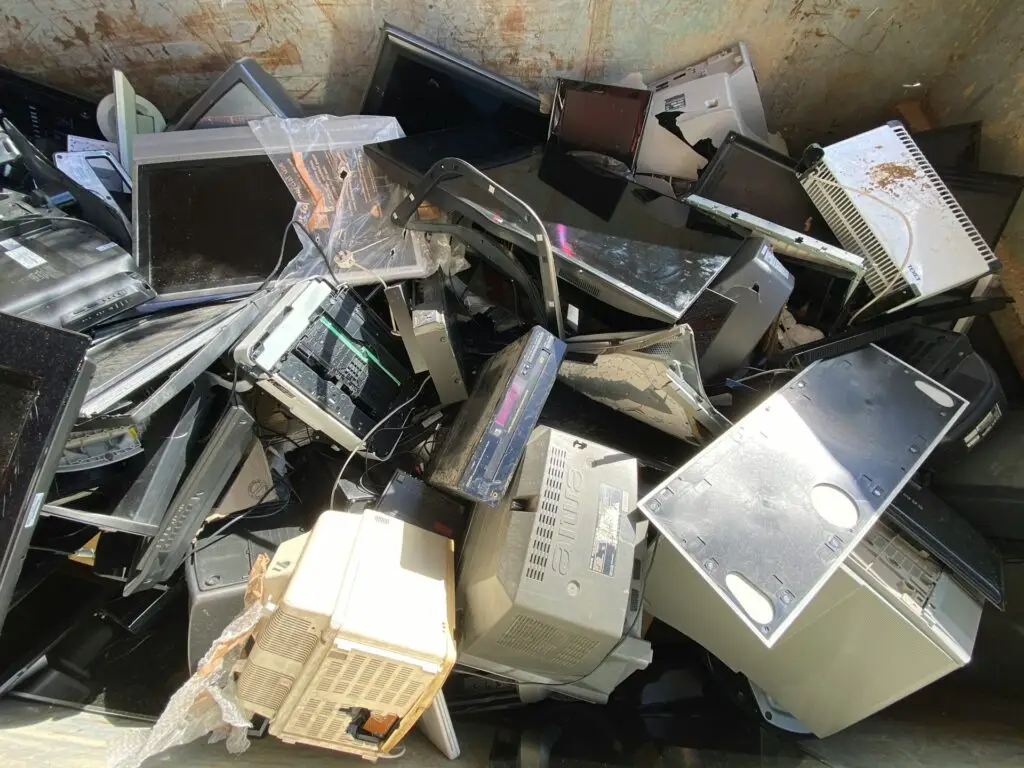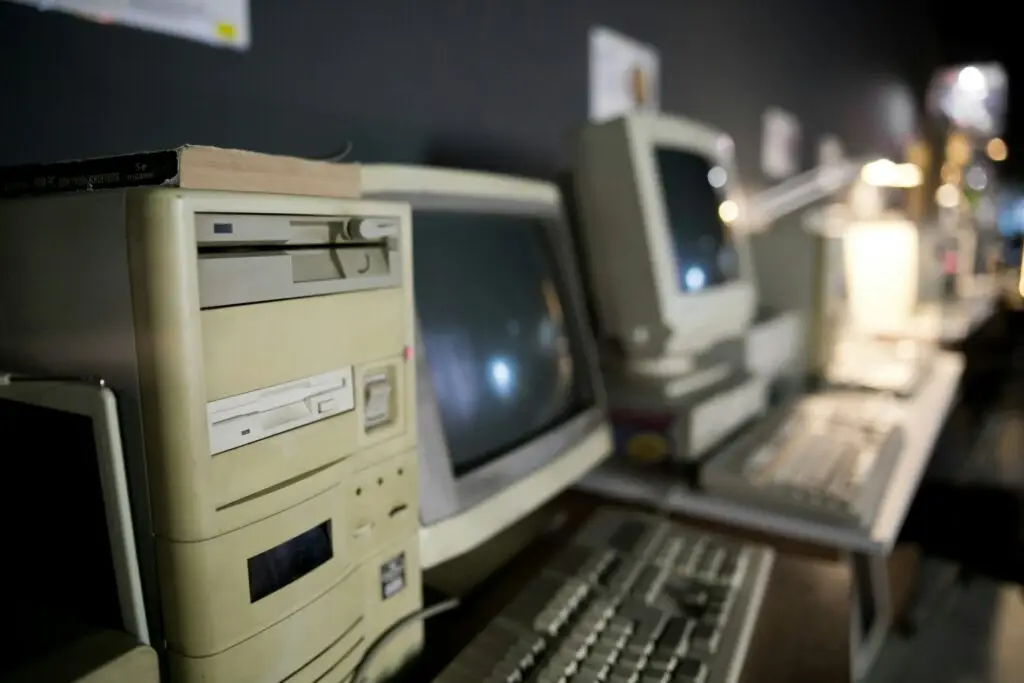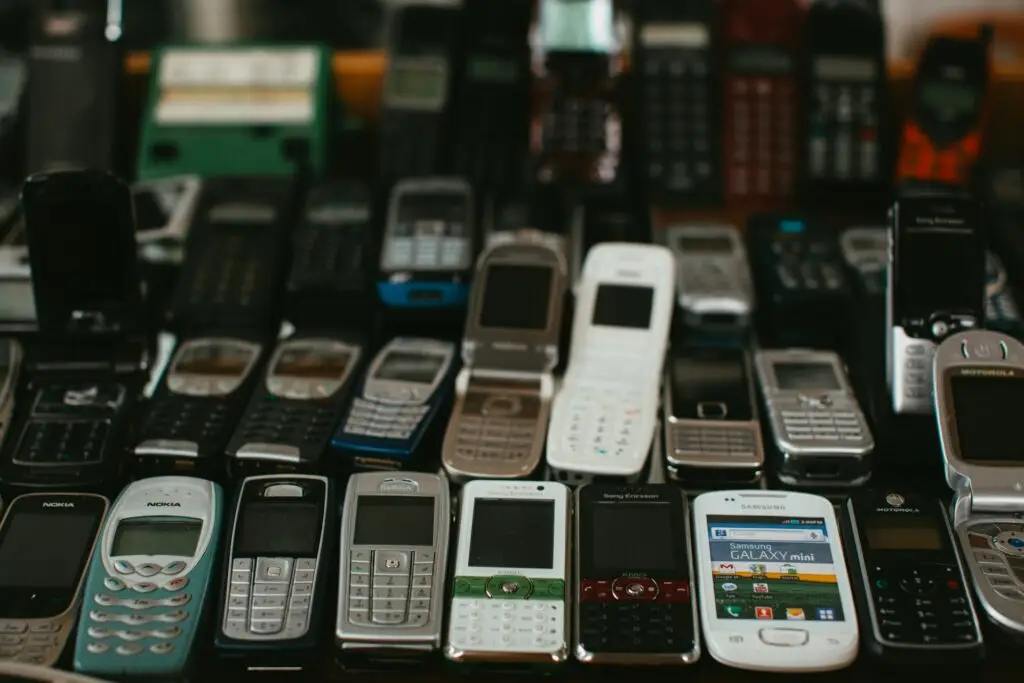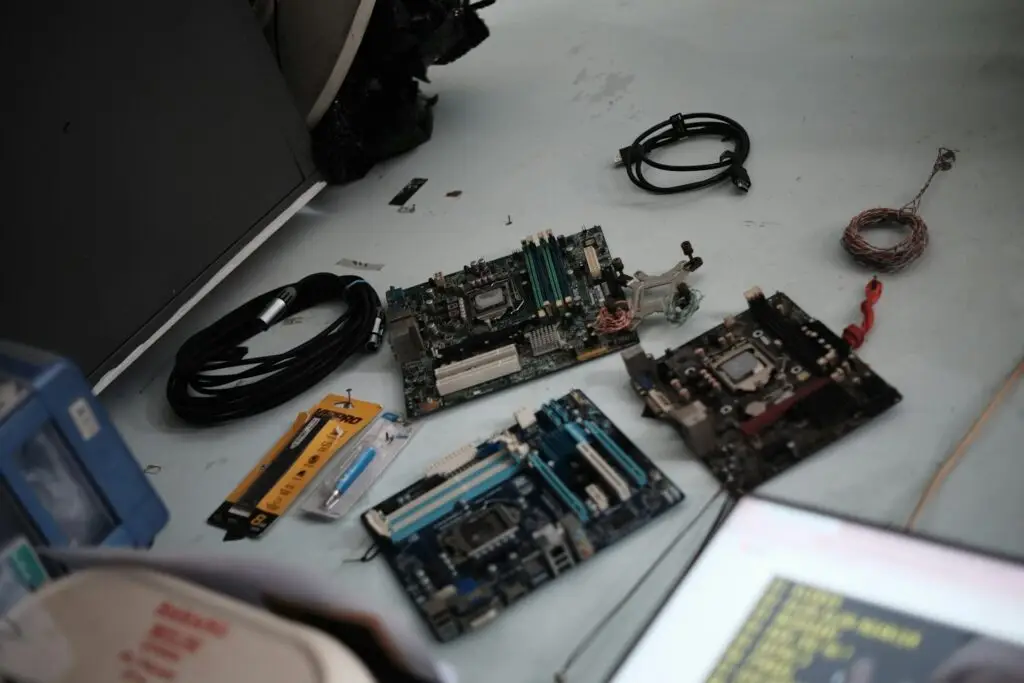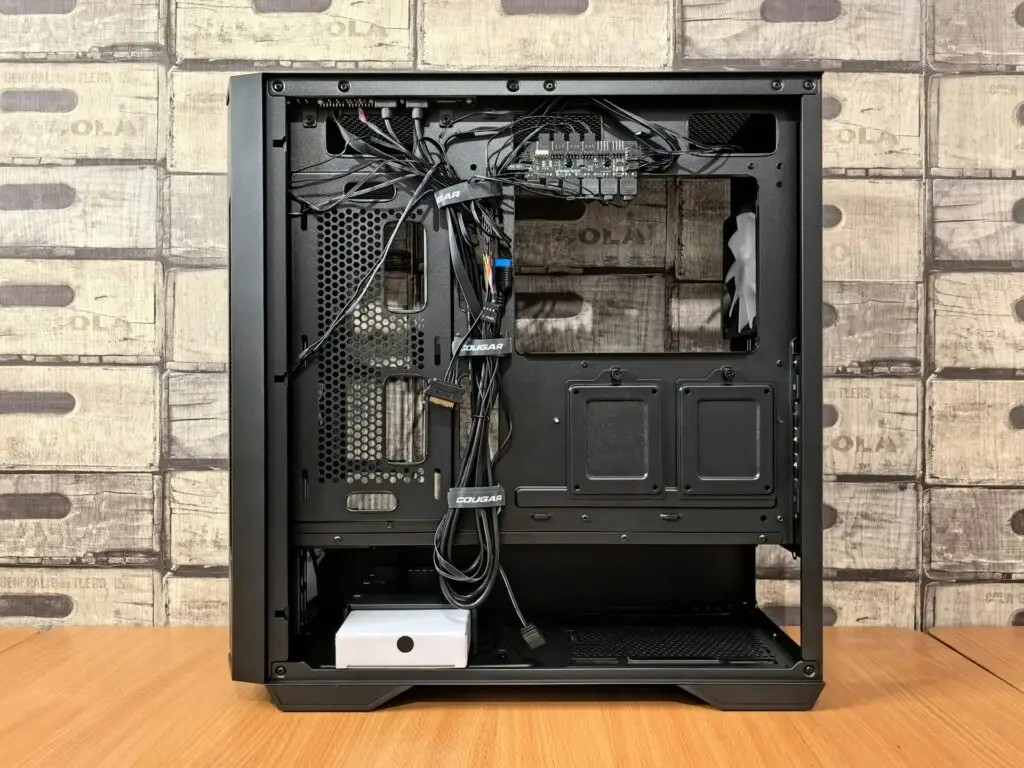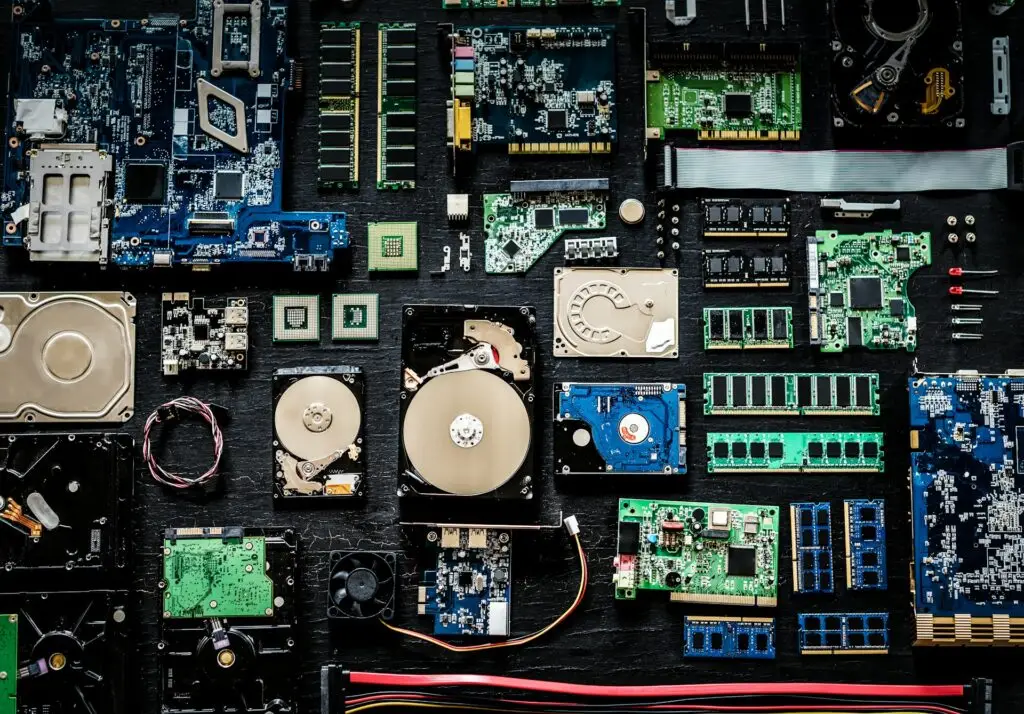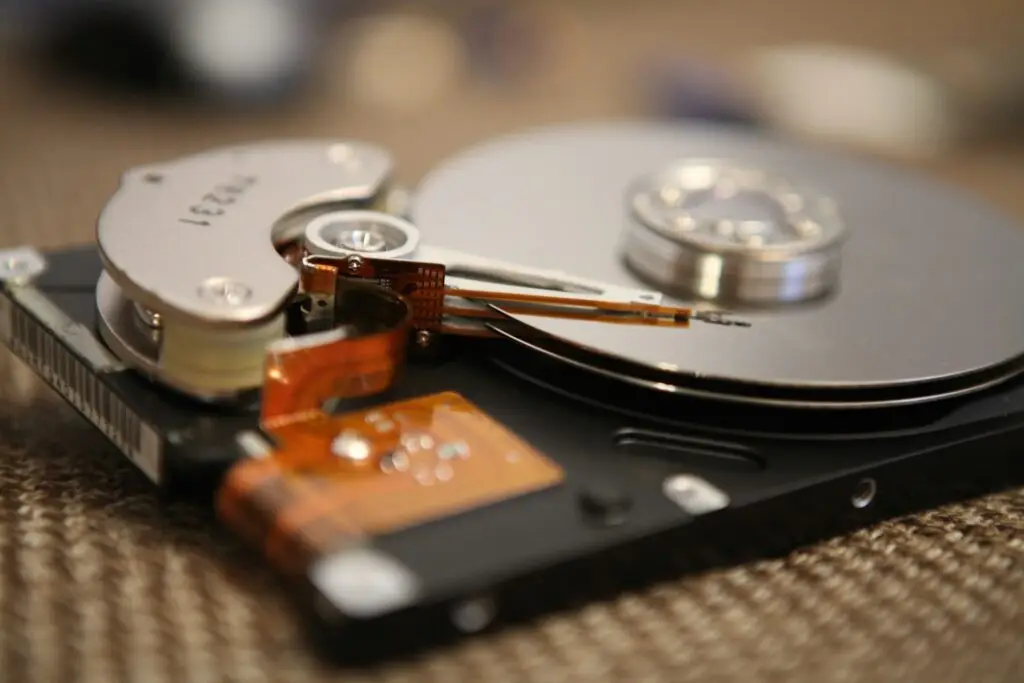Data leaks can be a nightmare, exposing sensitive information to the wrong hands. They can happen when confidential data is mishandled or improperly disposed of. Such leaks can lead to financial losses and damage personal or company reputations. Understanding the causes of data leaks is key to preventing them.
Hard drive shredding plays an essential role in data protection. When done correctly, shredding ensures that data stored on old devices cannot be recovered, even with sophisticated tools. This method of destruction is often more secure than simply deleting files, which can sometimes be recovered.
To protect personal and business data, it is crucial to adopt effective data destruction practices. Shredding hard drives when they reach the end of their useful life is one of the best ways to achieve this. Implementing shredding as part of a broader data management strategy can give you peace of mind, knowing your sensitive information is secure.
Understanding Data Leaks
Data leaks occur when confidential information gets exposed without permission. This exposure can happen for several reasons, including mishandling of data, failure to dispose of devices securely, or cyber attacks. Often, people think deleting a file is enough to secure their information, but deleted data can sometimes be retrieved by skilled hackers using special tools.
Both businesses and individuals face serious consequences from data breaches. For companies, a breach could lead to financial losses, legal actions, and loss of customer trust. Individuals might suffer identity theft or financial fraud. The risk is even higher when old devices like hard drives are not disposed of correctly, leading to potential access by unauthorized parties.
To prevent these risks, it’s important to recognize the potential sources of data leaks. Devices that store sensitive information, such as computers and smartphones, should be a priority. Being aware of how data leaks happen helps in taking proactive steps to secure data, keeping both personal and business information safe from prying eyes.
The Role of Hard Drive Shredding in Data Protection
Hard drive shredding plays a vital role in protecting data by ensuring that old or unused drives are destroyed in a way that makes data recovery impossible. Shredding is a physical destruction method where drives are cut into tiny pieces, making it impossible to piece them back together.
When it comes to preventing unauthorized data access, shredding offers a high level of security. Unlike simple deletion or software-based data wiping, shredding physically removes any chance of data recovery. This method is particularly effective for devices that contain highly sensitive or confidential information, providing peace of mind that sensitive data cannot be accessed once the device is destroyed.
Comparing shredding to other data destruction methods shows its superiority in certain situations. For example:
- Deleting Files: Simply removes data at the surface level, which can be recovered.
- Data Wiping: Overwrites data, which offers good protection, but not foolproof if done incorrectly.
- Degaussing: Uses magnetic fields to scramble data, but may not always be effective on newer models.
Choosing shredding as a data destruction method helps ensure information remains private, meeting strict data protection regulations. This secure approach makes it an essential part of any data protection strategy, especially for companies regularly handling sensitive information.
Steps to Implement Hard Drive Shredding
To effectively implement hard drive shredding, start by identifying all devices that require secure disposal. This can include not just computers, but also laptops, servers, and any external storage devices. It’s important to keep an inventory of these devices to ensure nothing is overlooked.
Once you’ve identified the devices, establish best practices for scheduling and managing the shredding process. Here are some key steps to consider:
- Conduct Regular Audits: Regularly review and update your inventory to include any new or replaced equipment.
- Set a Schedule: Create a schedule for shredding old devices, whether it’s quarterly or bi-annually, to ensure timely and systematic destruction.
- Assign Responsibilities: Designate team members responsible for managing the shredding process. This ensures accountability and smooth operation.
- Secure Temporary Storage: Before shredding, store devices securely to protect against unauthorized access.
Implementing these steps ensures that all data-bearing devices are handled methodically and securely, minimizing the risk of data leaks.
Choosing the Right Shredding Service
Selecting the appropriate shredding service is crucial for ensuring your data is destroyed securely. Knowing what to look for in a shredding provider can make a significant difference in safeguarding your information.
Look for a provider that meets the following criteria:
- Certifications: Choose a company certified in data destruction standards, like NAID AAA.
- Experience: Select a provider with a proven track record of secure shredding services.
- Onsite vs. Offsite Options: Determine whether you need onsite shredding for added security or if offsite solutions meet your needs.
Ensuring compliance with data protection regulations is another crucial aspect. The shredding provider should be aware of and adhere to relevant legal and industry standards for data destruction. This compliance guarantees that your data is not only destroyed safely but also legally, avoiding any potential liabilities for your business.
Conclusion:
Hard drive shredding is a vital component of data protection strategies. It effectively secures sensitive information, preventing data breaches. By understanding the process and choosing a reliable shredding service, businesses and individuals can greatly reduce the risk of unauthorized data access.
Proper implementation involves identifying the right devices, scheduling regular shredding, and selecting a qualified provider to handle the task. Embracing these steps brings peace of mind and contributes to a safer data environment. It reflects a commitment to secure data handling and environmental stewardship.
At ReWorx Recycling, we understand the importance of protecting sensitive information while being environmentally responsible. Our comprehensive electronic recycling services in Atlanta ensure your data is securely destroyed and disposed of. Contact ReWorx Recycling today to safeguard your information and support sustainable practices.

